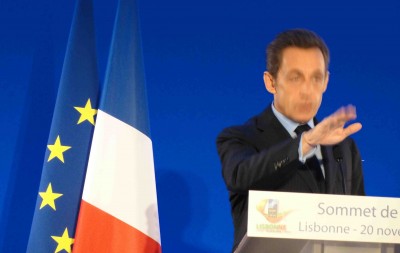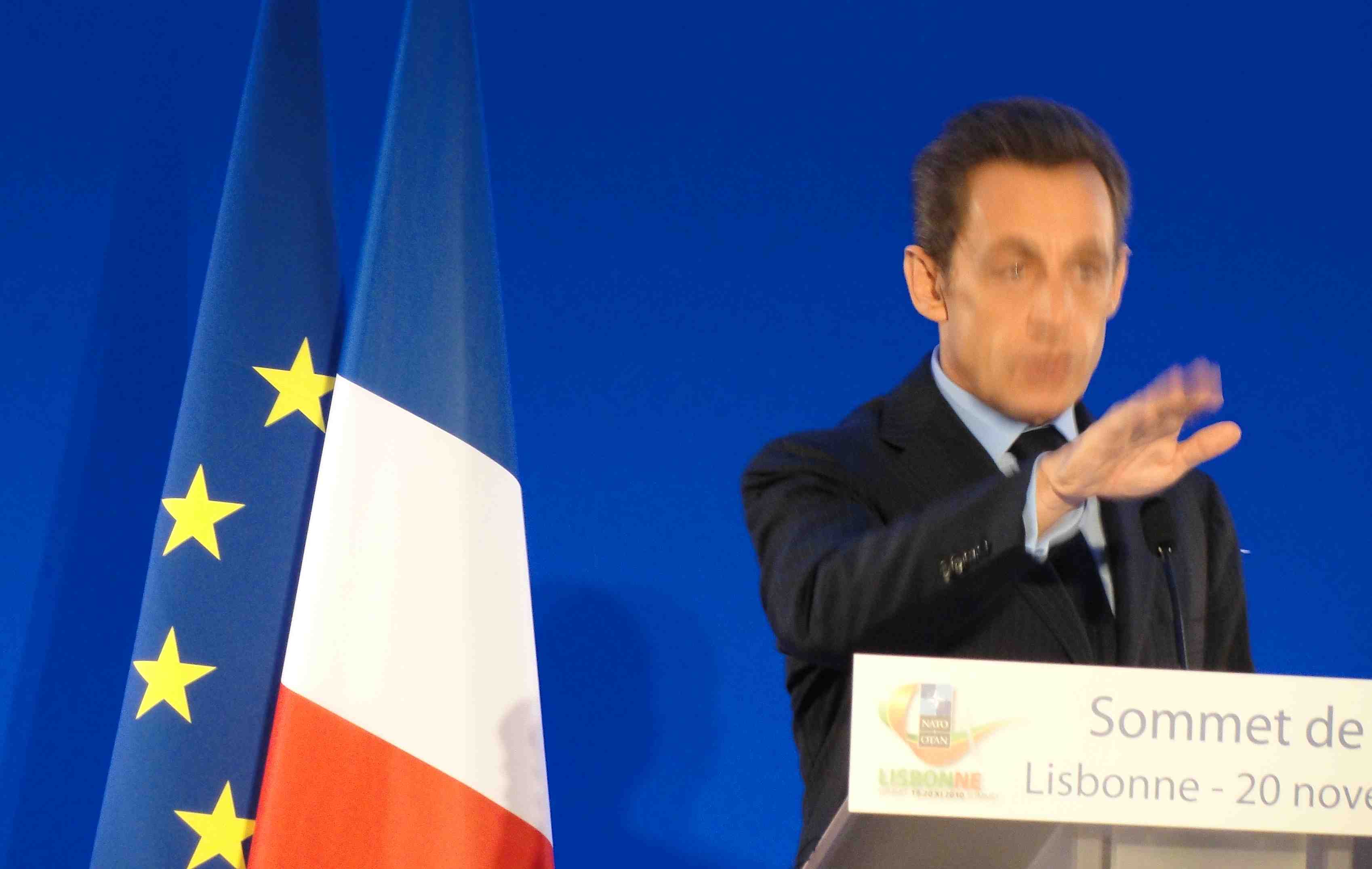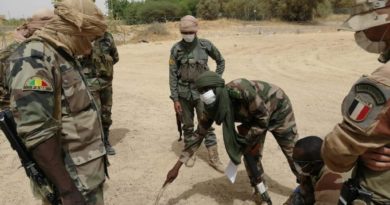Sarkozy's "Off" in Lisbon. Or how to have fun at the expense of journalists

Sarkozy's "Off" at the last NATO summit in Lisbon on Friday caused much ink to flow. What happened at this time? I was there for "Brussels2". And here's what we can say...
As is customary, in international meetings, diplomats come to brief journalists not on the backstage of the summit but on the important "background" elements to know about the issues discussed. The exercise is skilfully balanced, mixing real information and in-depth analyses, political opinions and more or less false information. All of this should lead the journalist in the direction desired by the interlocutor. Some do it very well. When the trick is cleverly set up (that is to say, it takes several days, weeks or months for the journalist to realize that he has been rolled in flour), it often provokes a hiss of admiration. On the other hand, when the magician's trick is quickly stale, it is discredited.
The master president of OFF
So on Friday evening, "French" journalists are asked to join the French briefing room. And the entrance is discreetly filtered: only the duly licensed "tricolors" come in. Inside, it is not a diplomat, but the president himself who is there. The Off today: it's him. A ritual that he generally carries out quite well. And that journalists also value. Because it's always a good moment of information. In order to keep a warm atmosphere, the president invites everyone to break the ceremonial arrangement of the chairs and come closer to form a circle around him. It's more intimate...
He then reads out what appear to be more or less confidential notes of the conclusions. The president even turns, with supreme refinement, to JD Levitte, his diplo adviser, to ask him "I can say it". The sherpa barely sketches an affirmative nod that the president is already launched. The question seems sensitive, and has been raised on both sides of the Rhine: it is a question of knowing whether nuclear deterrence will preserve its autonomy and whether the anti-missile shield will only be complementary to it or will replace it. Extensive debate... Journalists are therefore all attentive. Phew! France saved its independence. An agreement has been reached with Germany. We already knew that. But when the president says so, it's better. Of course it was the Chancellor who gave in (French version). Cock-a-doodle Doo. The Franco-British nuclear deterrent preserved its independence. A series of questions follow. Each time, the president responds, clearly, often drawing on his little paper (super confidential, that goes without saying). Fortunately, the president is there to inform us, can we say to ourselves...
A totally stale scoop: reading the final press release
At the end of the conference, the Elysée press attaché takes several long minutes with the journalists, in particular the agency staff, to detail, sentence by sentence, information by information, what can be used ON, as "source Elysée ", "French source", or not to be used ("neither citable nor quotable").
In fact, message Off, and scoop, it's a basket completely pierced. At the same time, the Secretary General of NATO held an ON press conference. And the strategic concept is made available, in a pile, in the journalists' work room. We find there in the various paragraphs, 90% of what President OFF said (with theoretical prohibition to quote him) is quite simply the official press release of the conference. Pure magic, how to turn lead into gold!
Taking the journalist to task, a presidential sport
On the "Karachi" episode, in fact expected (dreaded) by the president and his entourage, who need to know how far journalists want to go, and what they know. The president then goes inside the journalist who dares to challenge him. There is thus the episode "paedophilia" told by the express.fr first, then by the Sunday newspaperthen Libération who publishes a bootleg recording. In my opinion, it is not really a skid. He knows what he's doing and is too smart not to know how far he can go. Because the president started long before. He takes an absent colleague to task, quoting the newspaper, Sud-Ouest, believing that it lacks the professionalism to confuse and say that " I was treasurer of Balladur's campaign when I was only his spokesperson (...) And it's a political journalist who writes it ". Can we specify that no journalist has, at this time, protested, or simply defended the attacked colleagues. No. Everyone wisely lowered their heads (myself included). This is Sarkozy's usual method: whether he is embarrassed or not, sometimes just for fun, to destabilize the journalist and/or put the laughers on the right side. In general, we have to admit, it works..
In fact, Sarkozy's OFF exercise has turned into a double exercise. First, intimidation of journalists. These being notably bound by the OFF rule cannot reuse his words. And beware of the one who breaks the rule, he risks suffering the next time. Secondly, journalists have replaced communicators. No need to imagine the questions that can be asked at a press conference. We do an OFF brief with the journalists who take care of everything. All that's left then is to adjust the situation at the ON press conference... And everything is perfect. That's what happened. More or less, he repeated the next day, ON what he had said OFF the day before. And we say thank you who...
Last comment: for those who have not closely followed the case of the Karachi attack, its kickbacks and other secret avatars, one can only be taken aback by the presidential "passion". We would like journalists to be interested in it that we wouldn't do it any other way...


Comments closed.